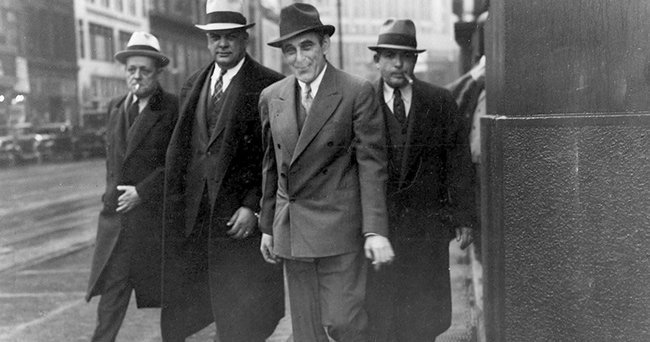– John Lithgow, Actor
I’m a con artist in that I’m an actor. I make people believe something is real when they know perfectly well it isn’t.
If you think about it, being a confidence artist takes more talent than we realise. Convincing people in general is so difficult, imagine conning them into buying an entire monument! It really is fascinating. Had con men put their talent to use elsewhere, they would’ve tasted unimaginable success. But I guess it is the adrenaline that makes them do it – that challenge of doing something that gets your heart racing while you appear to be calmer than a silent lake on the exterior. You can’t deny, however wrong it may be, that it is exciting. That’s probably why there are movies made on con men as well.
This particular story is of a charming fellow named Victor Lustig.
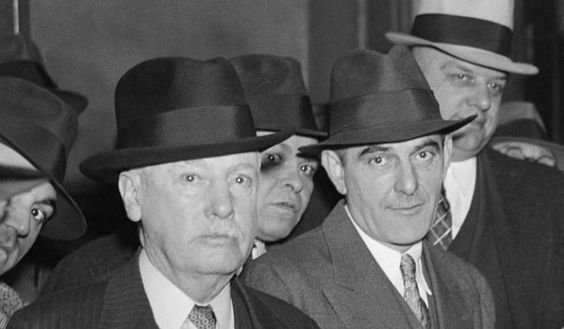
Yes, so charming that he convinced people into buying one of the most famous wonders of the world.
The initial idea came to him in 1925 when France was recovering from the 1st World War. Poor old Victor was reading the newspaper where he read that the Eiffel Tower was facing maintenance issues. So he convinced a forger to produce fake government stamps & other stationery for him. Oh, Victor! You bad boy.
What did he do next, you ask? Well, he invited 6 metal scrap dealers from different parts of the city and posed as an employee of the Ministry of Posts and Telegraphs, telling them that they had been selected based on their honesty and good reputation. Now who wouldn’t love to hear that?
And then, Mr. Lustig treated them to some great food, rented a Limousine, took them to the tower in it, the whole shebang! He then told them that the government wanted this old rusted erection sold as scrap and he was in charge of finding a dealer. And of course, he told them it was top secret so they all felt even more important, I assume.

Out of the six, he chose the most insecure guy. A certain Mr. Andre Poisson. While Poisson thought this deal would bring him in the big league of the Parisian business community, his wife did not agree to it. Victor, the honest man that he was, decided to confess to the cunning Mrs. Poisson and told her that he was just an official looking to make an extra buck.
She believed him and thought he was just another corrupt government official (Hah, somethings just don’t change with time!) And not only did our man Victor receive the funds, he also managed some bribe money and disappeared.
Now, if you have been scammed into buying the Eiffel Tower and you have realised it, you will probably call the cops. But no, Andre and his wife were too smart for that. They took a different route. And decided to do NOTHING! That’s right, they were just too damn embarrassed to tell anyone that they were fooled into buying a monument. Meanwhile, our dear Victor rode off into the sunset. Well, not really, he went to Vienna!
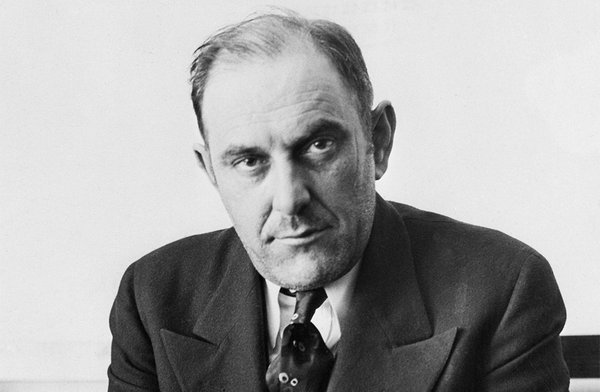
But just like any superhero movie, the villain returned.
Only a month after the scam, Victor came back to Paris and gathered 6 more scrap dealers and repeated the scam. Although, this time, one of the guys complained and Victor barely made it out. And then third time’s a charm wasn’t quite possible for the charmer and he escaped to the United States of America.
Victor also invented a money box. A box that would produce copies of $100 bills every six hours. Imagine a box that just produces money! Wouldn’t we all buy that any day! But the catch was, Lustig put two bills inside the machine and post that, only blank paper.
So the poor sod he was selling it to, would wait for another six hours, after the initial 12, only to find blank paper coming out of it. Of course, Victor being Victor ran far away by that time and the buyer was left with a box, 2 bills and a lot of blank paper.
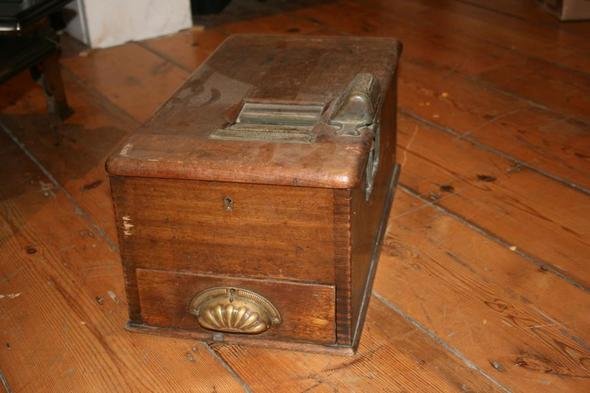
Then Mr. Lustig grew some real balls!
Well, I believe he started to think that scamming us normal gullible humans is just too mainstream. So he decided to scam a gangster. And mind you, not just any gangster, Victor singled out crime lord Al Capone.
He convinced Capone to invest $50,000 in a stock deal and then simply hid the money in a safety deposit box and returned it to Al Capone after 2 months claiming that the deal had fallen through. Capone realised what an angel Lustig was for returning every dime and gave him $5,000 just for his integrity as a loyal human being. Yeah, imagine that!
Victor then got into printing counterfeit bills with a man called Tom Shaw. They circulated thousands of dollars throughout the US. He also earned the name of ‘Count’ Lustig. But Victor being the innocent thrill seeker that he was, got involved with his partner’s mistress which upset Victor’s mistress. She then placed an ‘anonymous’ phone call to the police.
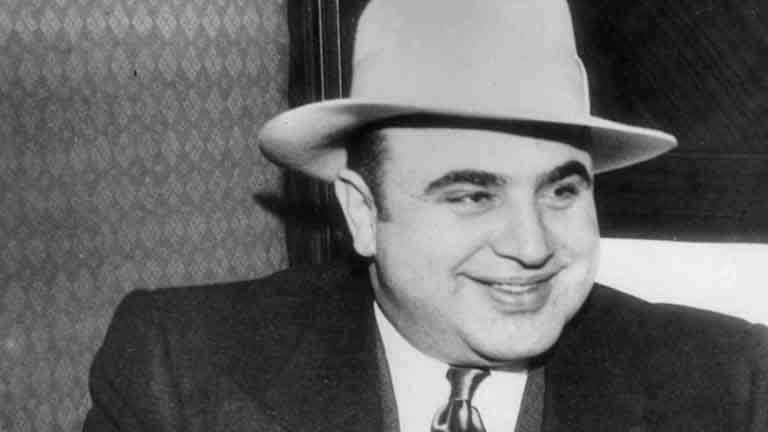
Like a rusted tower, ironically, his life came crumbling down!
The police found a key on him which led to a locker, where they found $51,000 in fake bills and also money-printing plates. Victor was sent to federal prison, from where he tried his best to escape. Alas, age was catching up to him and he couldn’t manage it well. Victor had eventually become, ‘poor old’ Mr Lustig.
He was sentenced to 15 years in prison with 5 additional years for the escape attempt. He passed away in March of 1947, aged 57. The only legacy he left behind were the counterfeit bills.
Interestingly so, police claimed that the occasional ‘Count Lustig Money’ still popped up even years after his death.
